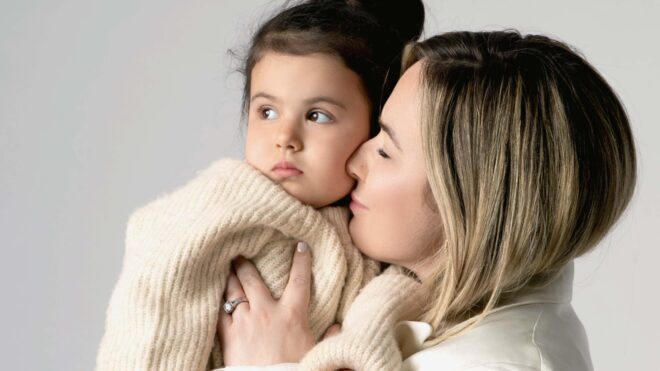
Every parent wants their child to have an easy life.
Perhaps that's why new parents watch breathlessly for traditional milestones. But today, we're coming to understand that some children might approach those milestones differently, and that's OK.
As a society, we have a growing awareness of autism, a neurological difference where people process the world differently, sometimes having difficulty with socializing and communication.
According to the Centers for Disease Control and Prevention, approximately 1 in 44 children in 2021 were diagnosed with ASD (autism spectrum disorder).
Now autism is becoming part of a widespread cultural conversation; the classic television show Sesame Street even introduced a character with autism to help kids understand.
People with autism often lead very fulfilling and productive lives, but it's often easier for them if parents notice the signs and intervene early on.
More from LittleThings: Doable Ways You Can Put Your Mental Health First, Even As A Busy Parent
Early therapeutic training can help kids on the autism spectrum learn strategies to cope with social situations, stress, and overstimulation.
Scroll through to learn which behaviors in babies and toddlers might be early signs of autism.
What Is Autism?
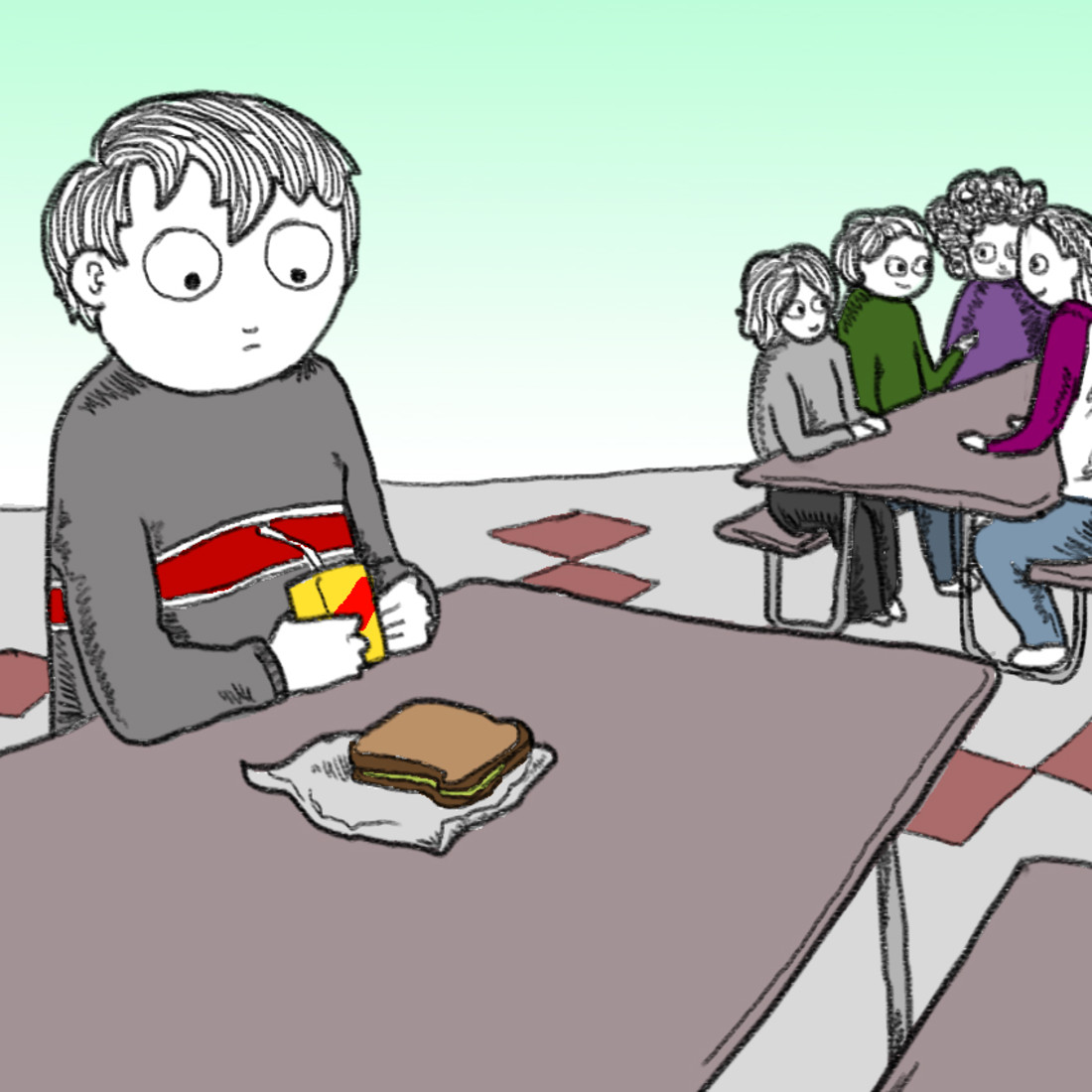
According to the US National Library of Medicine, "Autism spectrum disorder (ASD) is a neurological and developmental disorder that begins in early childhood and lasts throughout a person's life. It affects how a person acts and interacts with others, communicates, and learns."
Many people with autism prefer to call it a neurological difference.
Autism is a spectrum, and no two people experience it the same way. Many people are very high-functioning and lead fulfilling, independent lives.
Other folks may be nonverbal or require more care, and may never reach what are often considered typical milestones.
In some cases, autism may exist in conjunction with intellectual or physical disabilities.
Kids with autism are, just like other kids, one of a kind, with unique interests, struggles, and strengths.
And there's no single cause of autism — research shows that it probably develops from a combination of environmental and genetic influences.
Signs of Autism in Babies
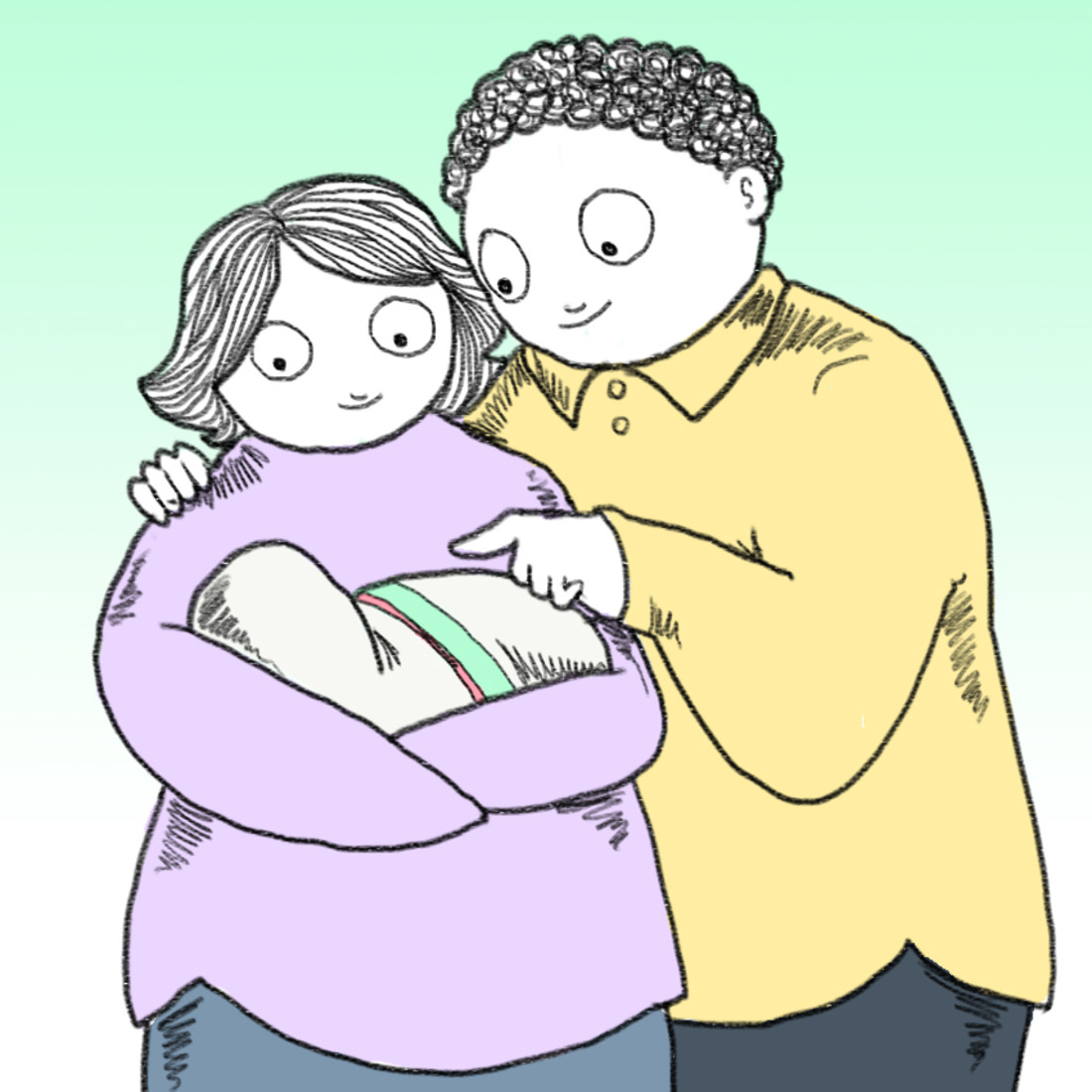
Although kids may exhibit indicators at different points in time, most children with autism will start showing noticeable signs of autism between 2 and 3 years of age.
Sometimes, kids can show indicators as early as 18 months old.
To learn about signs of autism in babies, read on. Keep in mind that not all children with autism show signs, and some children with autism may have indicators that are not as common.
Sign #1: Not Responding to Interaction
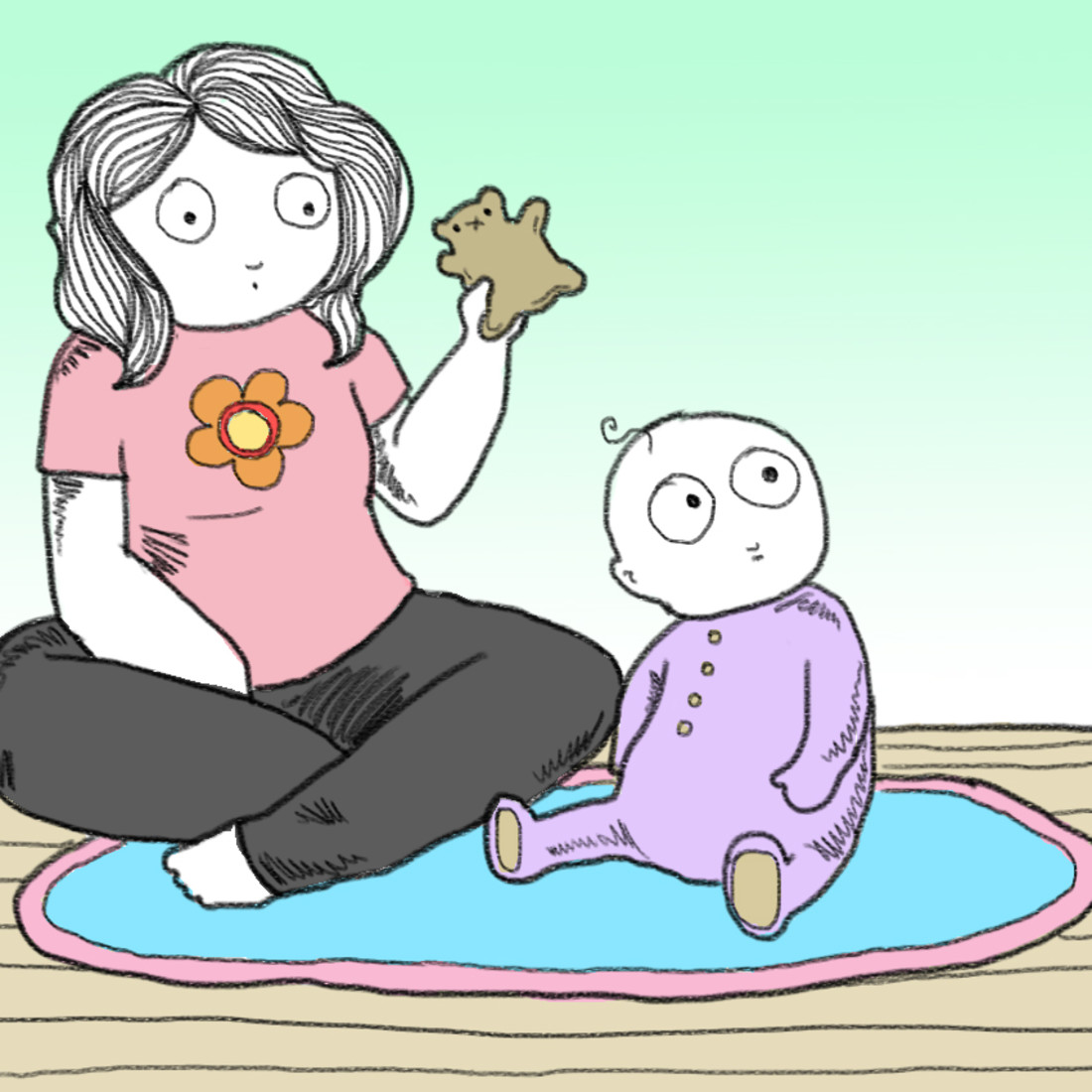
Babies are typically social by nature — they love interacting with their parents, siblings, and other people.
They watch faces and listen to voices, and they are constantly observing what people do and say.
Babies with autism, though, may have a more difficult time interacting with adults and may not respond to eye contact or a parent's words.
The National Institute of Mental Health explains that children with autism may have "a tendency to look at and listen to other people less often."
Sign #2: Doesn't Identify With Name
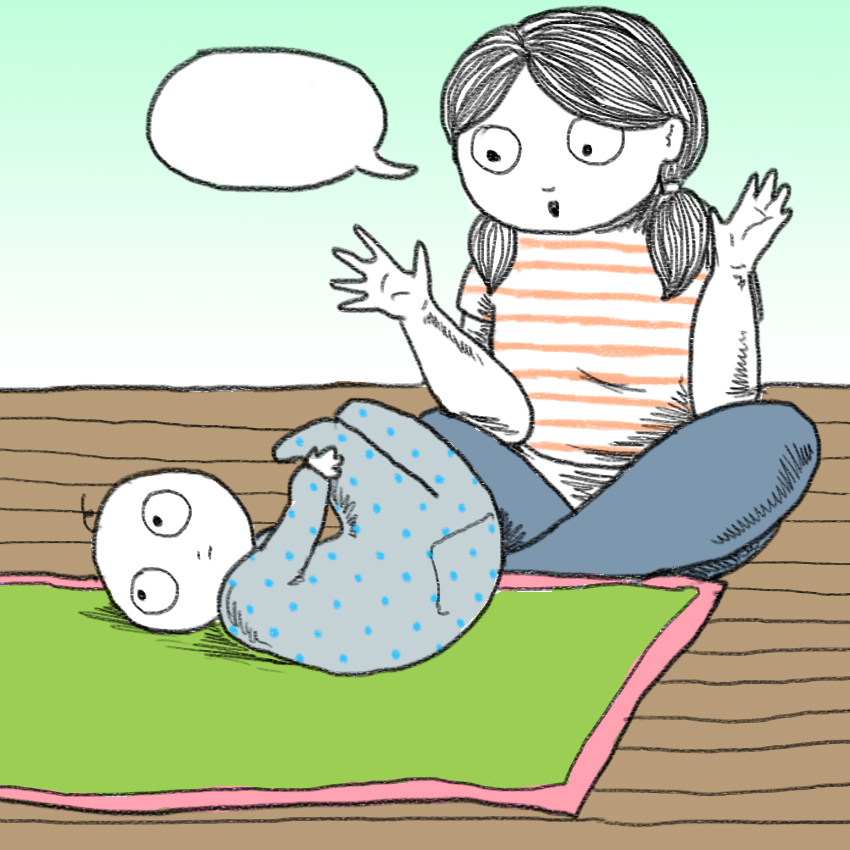
Most babies start responding to their names early on — by the time they're a year old, most babies will recognize their name and respond to it.
If your baby doesn't respond to their name by the time they're 12 months old, the CDC explains that it could be a possible sign of autism.
Sign #3: Reduced Interest in People
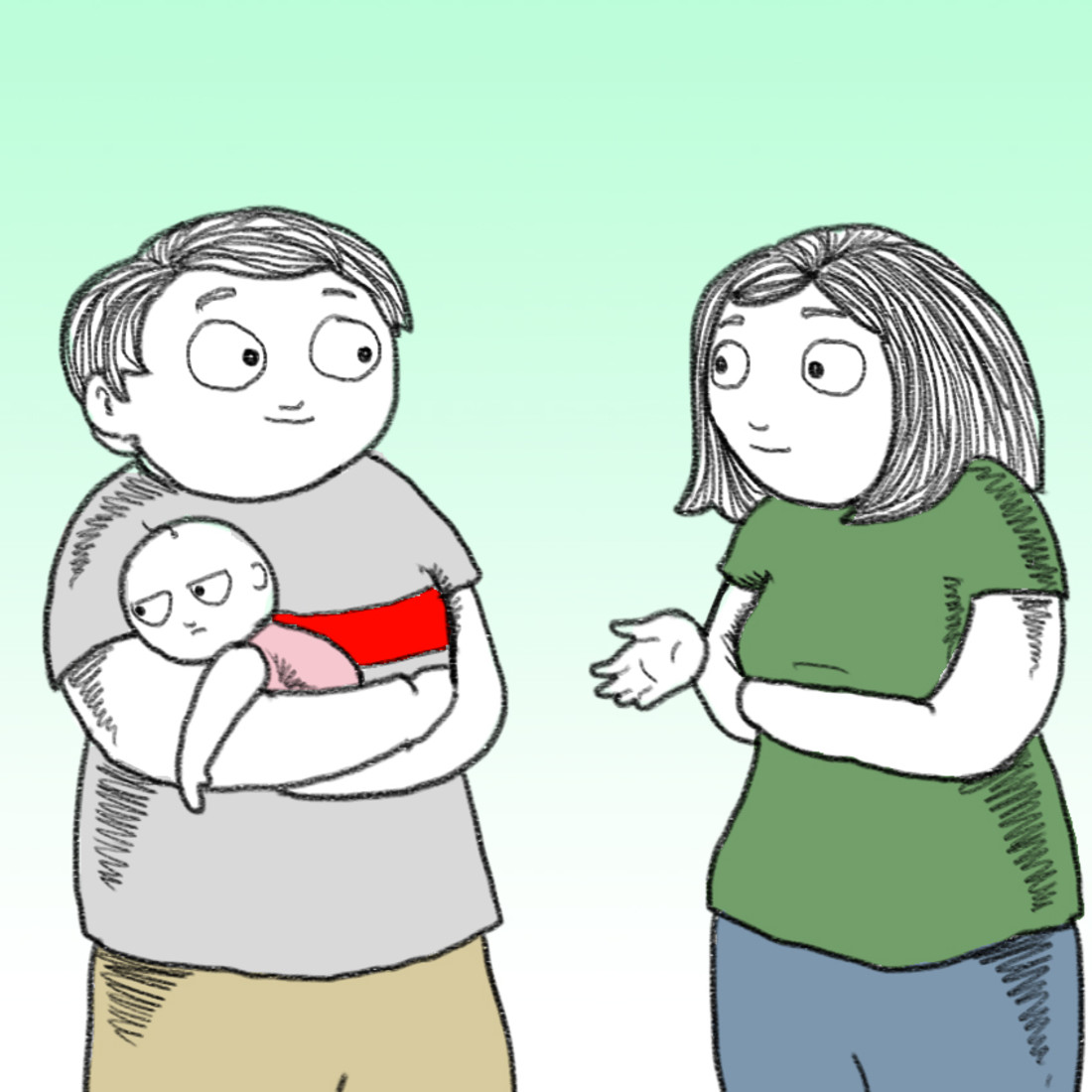
In general, babies always look to adults for approval, to learn, and for attention. Babies with autism, on the other hand, will often show a reduced interest in people.
They may not smile or make eye contact, they may not try to make noises, and they may not try to communicate nonverbally — waving, pointing, clapping.
If you notice that your 12-month-old isn't learning gestures, the CDC recommends that you mention it to your pediatrician.
Sign #4: Delayed Babbling
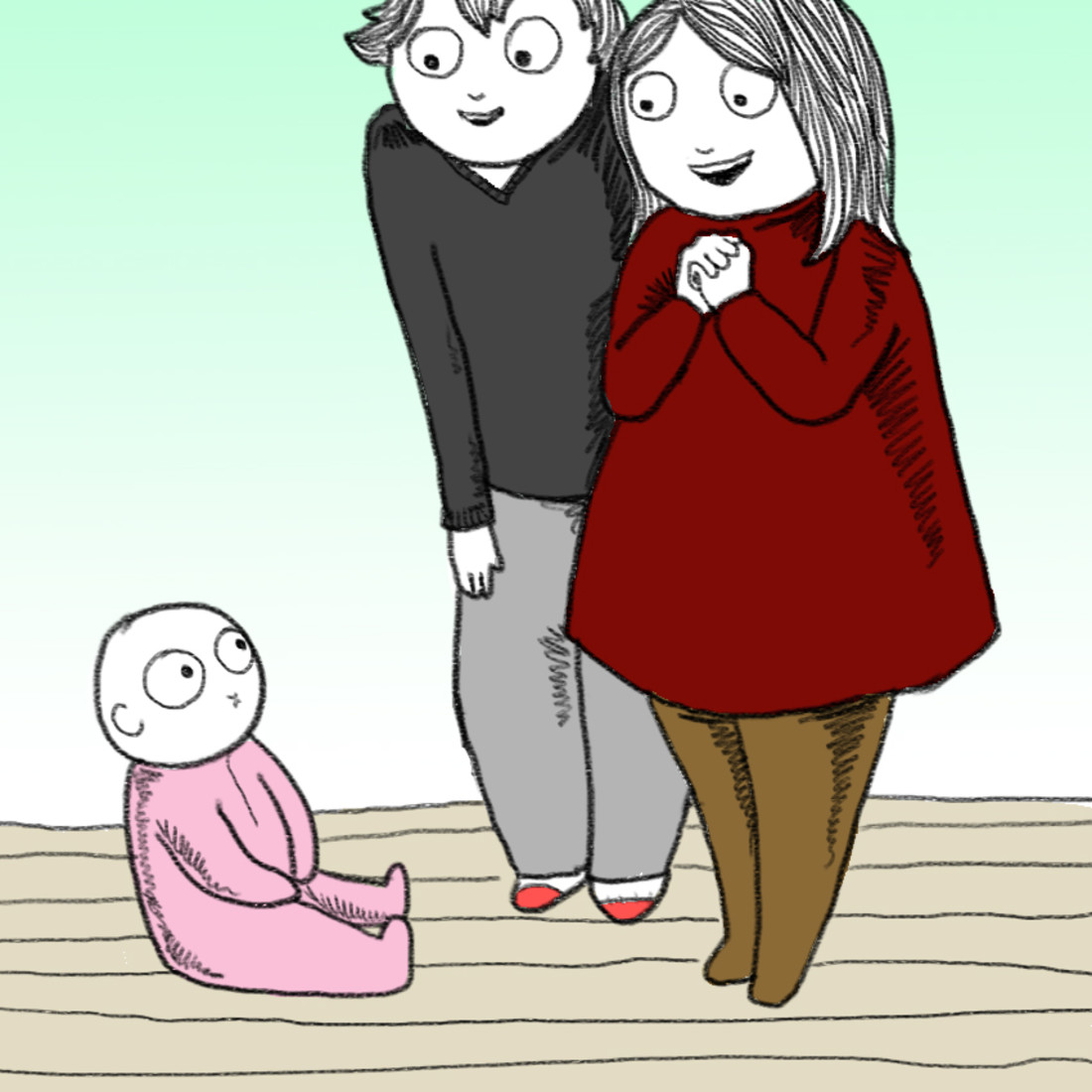
As babies get older, they start trying to imitate the noises their parents make. Although many kids don't actually start speaking until they're 1½ or 2 years old, they start babbling much earlier.
The CDC explains that "a person with ASD might have delayed speech and language skills," so if you think your child isn't reaching language milestones, mention it to your pediatrician.
Signs of Autism in Toddlers
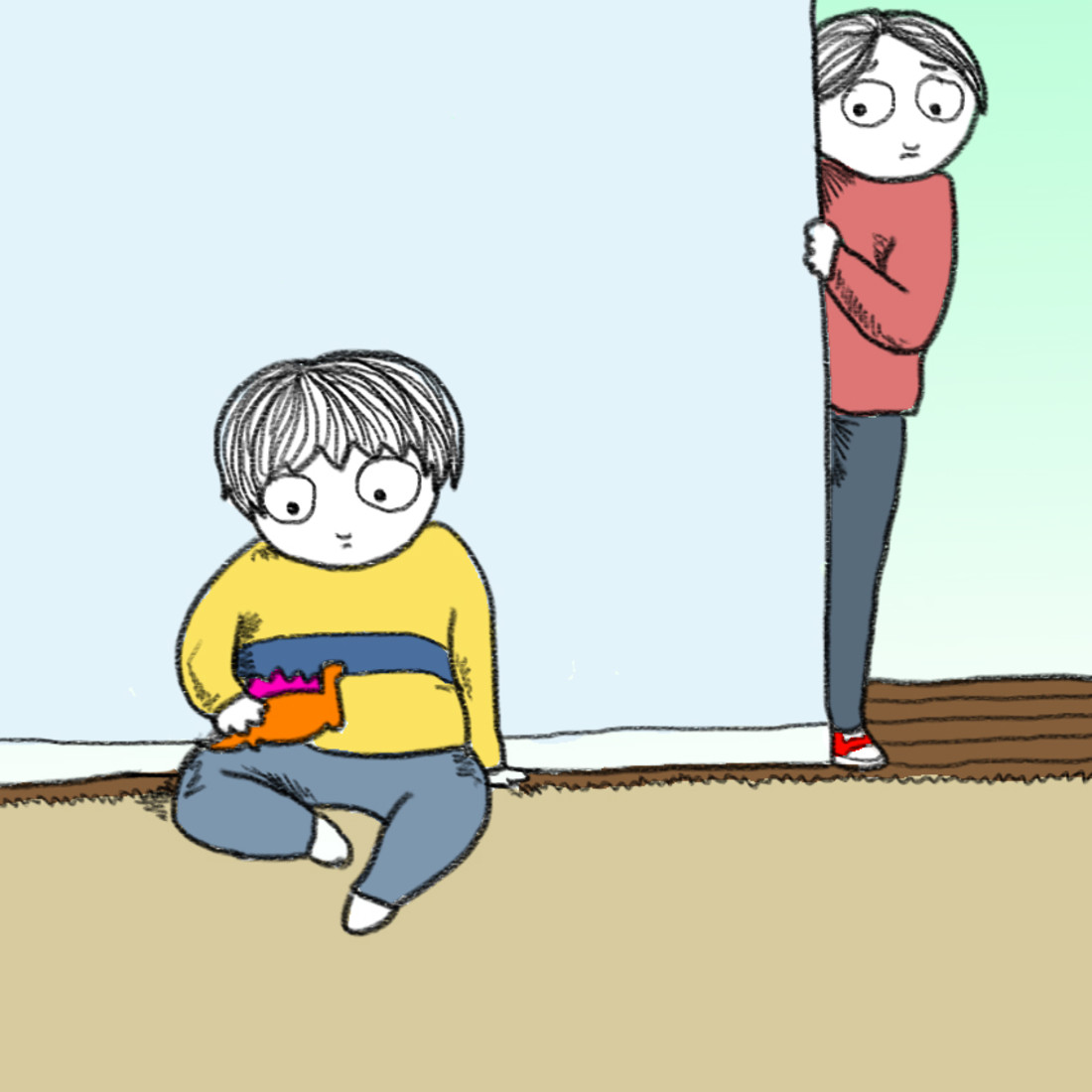
As babies turn into toddlers, they become more vocal and social than they were when they were infants.
For children with autism, this is when the indicators become most evident. According to the CDC, by 2 years old, an autism diagnosis can be reliable, stable, and valid — although most children are not diagnosed with autism until they are at least age 4.
Read below to find out which behaviors in toddlers might be indicators of autism.
Sign #1: Difficulty Playing Social Games
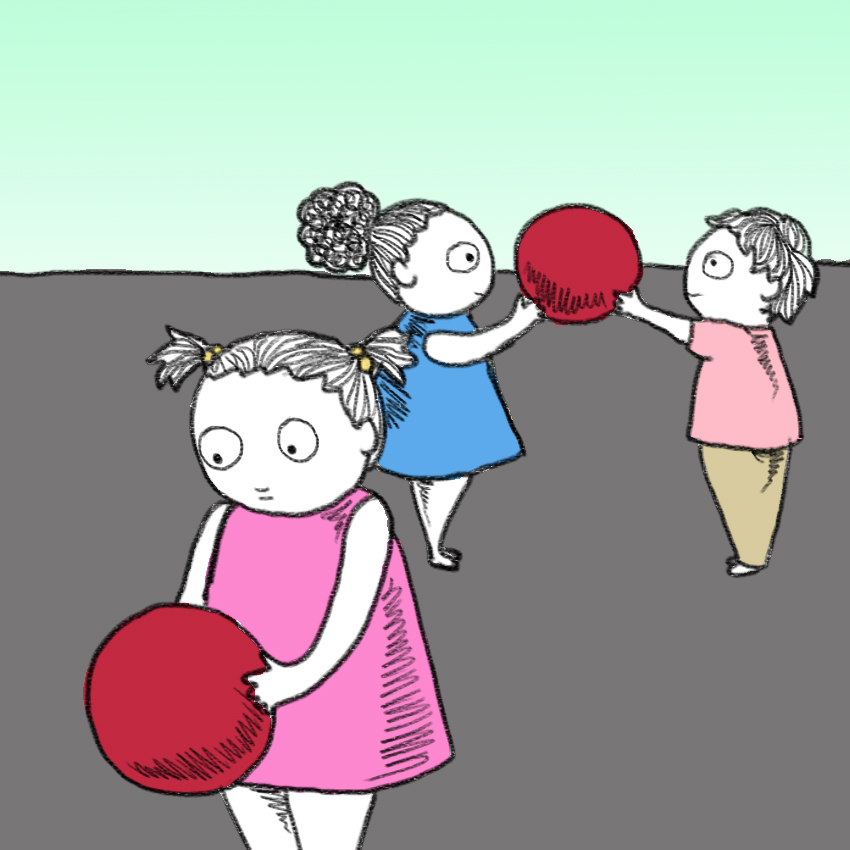
The CDC explains, "Typical toddlers also show interests in social games like peek-a-boo and pat-a-cake. But a young child with an ASD might have a very hard time learning to interact with other people."
Toddlers generally play next to one another in parallel play, play together, and start to interact while playing.
If your child avoids playing with other kids and prefers to play alone, or can't seem to figure out how to get involved in social games, it might be a sign of autism.
Sign #2: No Imitation of Others
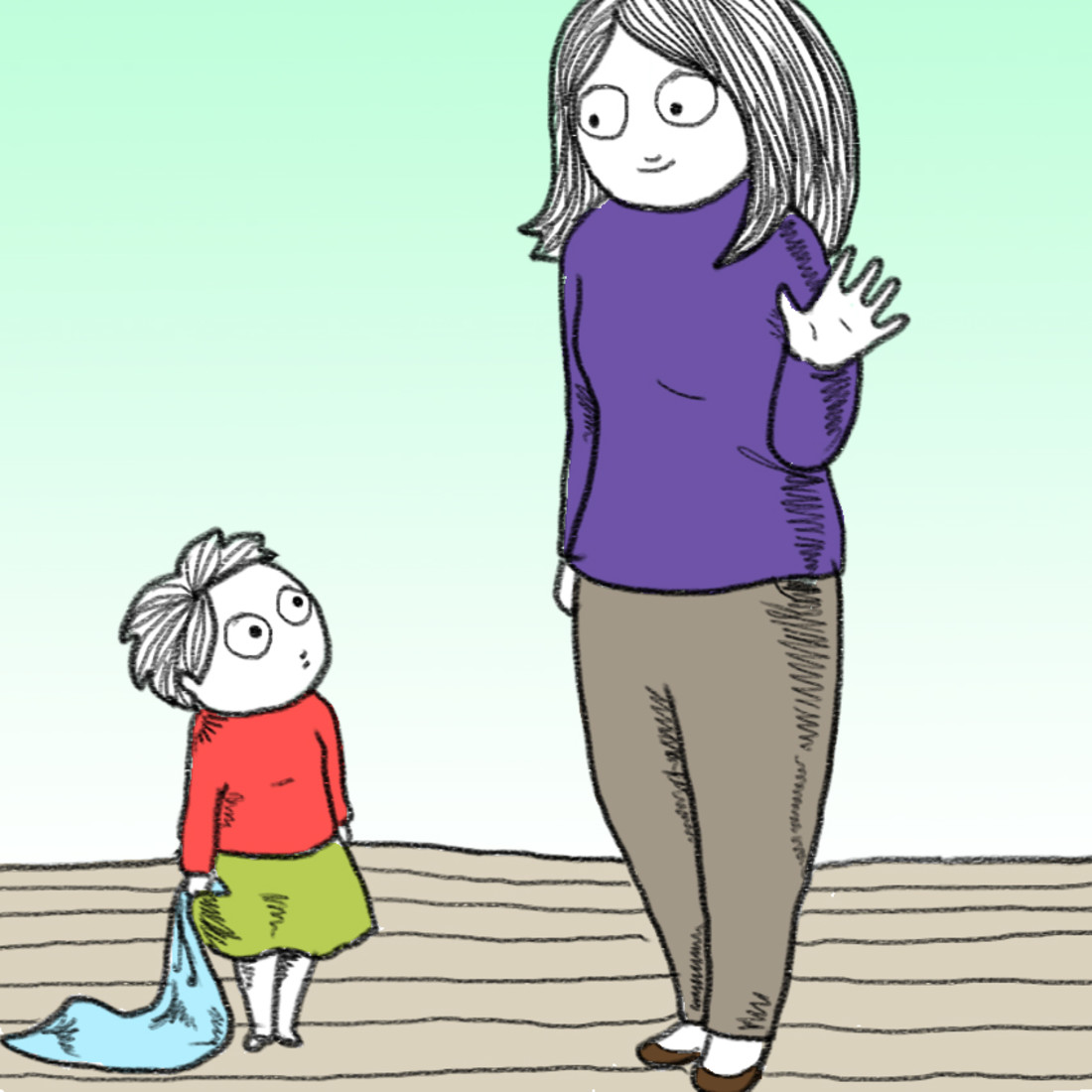
Children typically love to imitate parents, which is how they figure out how to model their own behavior. Autistic toddlers may show less interest in their parents' actions.
The CDC says, "Typical infants are very interested in the world and people around them. By the first birthday, a typical toddler interacts with others by looking people in the eye, copying words and actions, and using simple gestures such as clapping and waving 'bye-bye.'"
Toddlers with autism may seem disconnected from other people — they may not return smiles or wave back.
Sign #3: Seeking Comfort by Self-Soothing
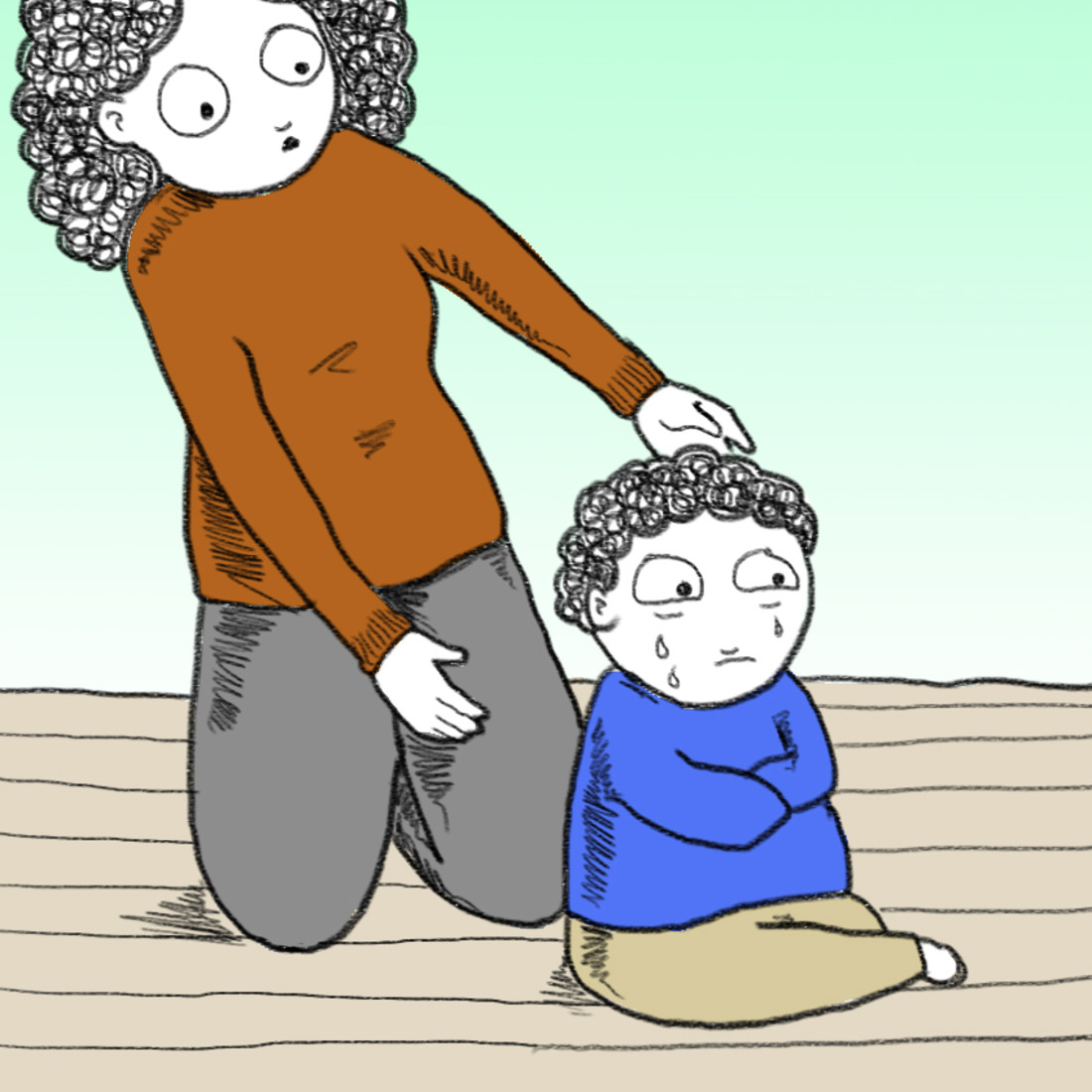
Another autism indicator is getting upset over minor things and not seeking comfort the way other children might.
Children with autism are very sensitive to minor changes in surroundings and routine, explains the National Institute of Mental Health, but may struggle to communicate that distress to parents.
"People with an ASD might have problems with showing or talking about their feelings. They might also have trouble understanding other people's feelings," explains the CDC. "Many people with an ASD are very sensitive to being touched and might not want to be held or cuddled."
Instead, children with autism might find a gesture or sensation, like flapping the arms or rocking, that is soothing and helps them work through anxiety at their own pace.
Autism Test
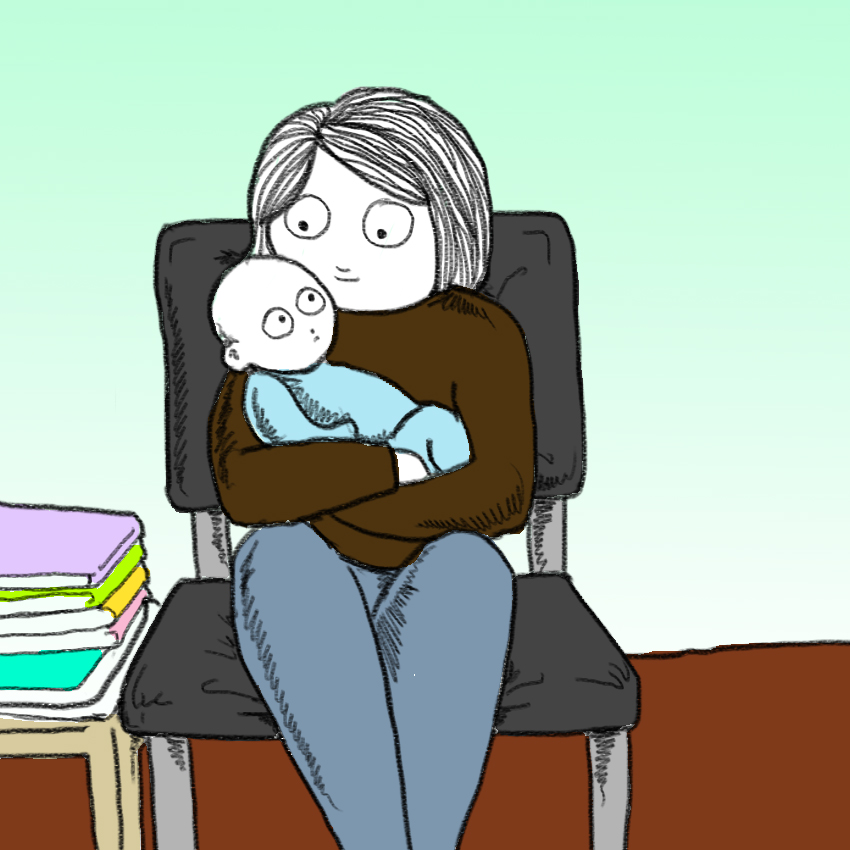
If any of these signs ring a bell for you, bring your little one to a pediatrician or child psychologist for more evaluation.
According to the American Academy of Pediatrics (AAP), pediatricians will start screening your baby from their very first well-child visit.
That said, the AAP recommends formal autism screenings during every 18- and 24-month well-child visits. If your child screens positively for autism spectrum disorder, it doesn't necessarily mean that your child will be diagnosed with autism — just that they will recommend you see an autism specialist.
Living With Autism
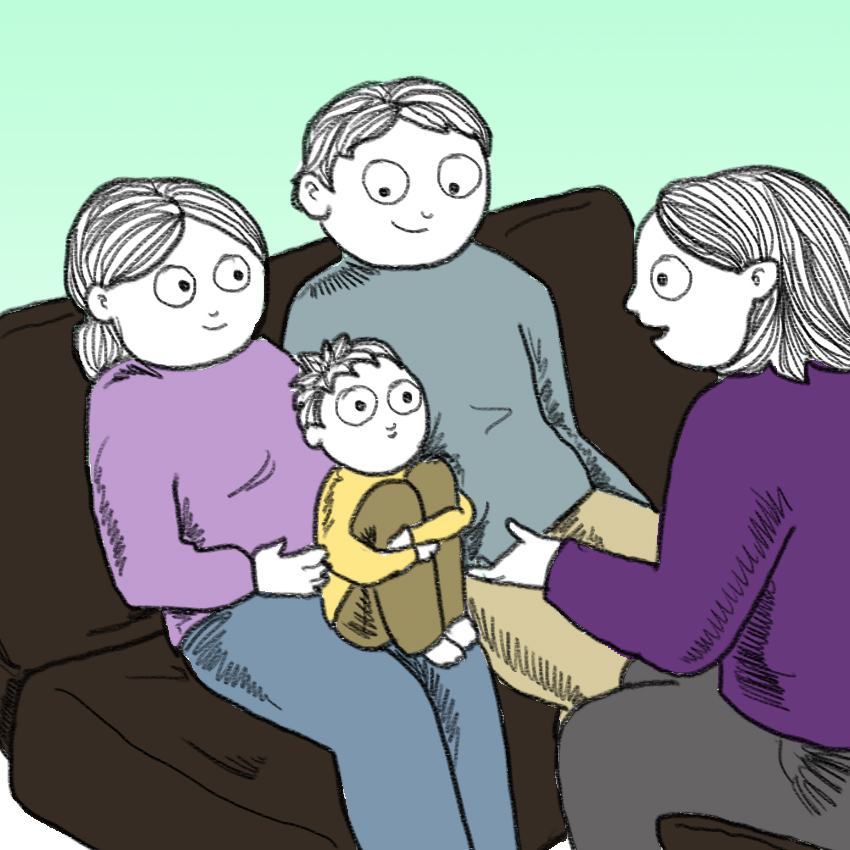
If your child is autistic, there is a lot you can do to make life easier, less stressful for them, and more fulfilling.
Talking to a professional can help you create a plan customized for your own child's needs and personality. This plan will likely touch on everything from speech therapy to role-playing for social situations, and might also include medication (like antianxiety medicine) in some cases.
With young children, the entire family will be involved in behavioral therapies — parents should also reach out to their doctors, schools, and autism support groups for more information.
If you think every parent should know more about the signs of autism, please SHARE this article with your friends!

